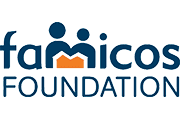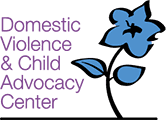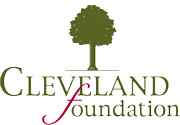Project Overview
Cuyahoga County launched the first family homelessness and child welfare project in the nation, known as the Partnering for Family Success Program. The Partnering for Family Success Program began implementation in early 2015. The program aims to reduce the length of stay in out-of-home foster care placement for children whose caregivers are homeless. A confluence of factors including substance abuse and mental illness make it difficult for these caregivers to secure stable housing that empowers them to successfully complete their case plan with the County’s child welfare system and build a safe home environment for their children.
The County of Cuyahoga, Ohio, encompassing the greater Cleveland area, is launching the nation’s first county-level Pay for Success (PFS) project in partnership with FrontLine Service, a comprehensive continuum of care service provider for homeless persons in Ohio.
The Partnering for Family Success Program, the first PFS project in the combined areas of homelessness and child welfare, will deliver intensive 12-15 month treatment to 135 families over five years to reduce the length of stay in out-of-home foster care placement for children whose families are homeless.
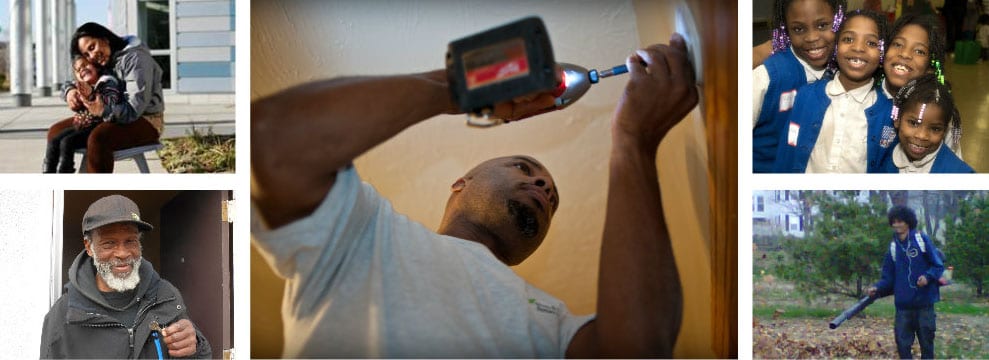
The Project
- Homeless families with children placed in out-of-home foster care present a unique challenge for Cuyahoga County. The agencies serving these families were not previously integrated in a way that allowed for the identification of families who are experiencing homelessness and involvement in the child welfare system.
- The result was that children with homeless caregivers spent considerably more time in out-of-home foster care than children with housing secure caregivers. This extended time in the child welfare system has historically resulted in poor outcomes for the County’s most vulnerable families and led to higher costs to the County.
- FrontLine’s services are designed to reduce the time children spend in out-of-home foster care by stabilizing the family’s situation and increasing family reunification success. In partnership with the Program’s housing partners, FrontLine will link each caregiver to housing and deliver a Critical Time Intervention (CTI), an evidence-based homelessness transition therapy. CTI helps vulnerable families that are experiencing homelessness to slowly reconnect to community support networks and settle successfully in newly attained housing. In addition, CTI will be paired with age-appropriate, evidence-based trauma services that will strengthen healthy and secure caregiver-child relationships.
- More than ever, funders are seeking creative opportunities to put their money to work in ways that are proven to help people in need. Both private funders and philanthropic organizations will provide a total of $4 million in upfront funding for the Program. Cuyahoga County will repay these funders if, and only if, FrontLine’s services are proven to shorten the length of stay in out-of-home foster care.
Additional Information
- Read the Partner Perspectives and Lessons Learned report
- Read the press release about the Program
- Read the Fact Sheet about the Program
- Read Frequently Asked Questions about the Program
- Read about a client served through the Program
- Read Cuyahoga County’s Social Impact Financing Fund Ordinance
- Read the released PFS Contract
- Read a case study about the Program
For more information or inquiries, please contact Marcia Chong at mchong@thirdsectorcap.org.
Partners
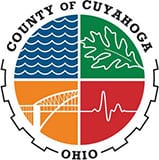
Government
Government
Cuyahoga County, Ohio
Cuyahoga County will make success payments if the independent evaluator determines that children enrolled in the Program (the treatment group) have avoided more days in out-of-home foster care compared to children placed in a comparison group that is not served by FrontLine. The Project Manager will distribute any success payments from Cuyahoga County to the funders. At higher levels of success, some funders may receive a modest return for assuming the upfront funding risk. The County will make payments if, and only if, the evaluation proves the Program’s reduction in foster care days.
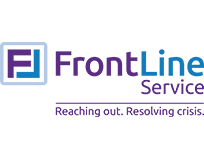
Service Provider
Service Provider
Frontline Service
Frontline Service is a nonprofit agency that operates the most comprehensive continuum of care for homeless people in Ohio, serving more than 20,000 adults and children each year. FrontLine will link families to housing and will use Critical Time Intervention, an evidence-based model, to provide emotional and practical support during the critical transition of leaving a homeless shelter to becoming stably housed. FrontLine will also provide age-appropriate and evidence-based trauma services that will strengthen healthy and secure caregiver-child relationships. Through its services, FrontLine will stabilize families and empower the County to grant reunification decisions to families sooner and allow children to exit foster care earlier.

Project Manager / Fiscal Agent
Project Manager / Fiscal Agent
Enterprise Community Partners, Inc.
Enterprise Community Partners, Inc. is a national organization that creates and advocates for affordable homes in thriving communities linked to jobs, good schools, health care and transportation. As the project manager and fiscal agent for the Program, Enterprise will disburse upfront payments from the funders to FrontLine and for other project costs through Cuyahoga PFS, LLC, an affiliated entity. In this capacity, Enterprise will also disburse any success payments from Cuyahoga County to the funders. Enterprise will monitor whether the Program runs according to the PFS contract and will work to resolve any issues that arise throughout the life of the project.
Other Organizations
Housing Providers
The Cuyahoga Metropolitan Housing Authority, Emerald Development & Economic Network, Inc., and Famicos Foundation.
Referral Partners
The County’s Office of Homelessness, The Domestic Violence & Child Advocacy Center, and the County’s Division of Children and Family Services.
Government Advisor & Transaction Coordinator
Third Sector Capital Partners, Inc.
Independent Evaluator
The Center on Urban Poverty and Community Development at the Jack, Joseph and Morton Mandel School of Applied Social Sciences, Case Western Reserve University.
Funders
The Reinvestment Fund will provide $1,575,000 in senior loan funding.
The George Gund Foundation will provide $1,000,000 in subordinate loan funding.
Nonprofit Finance Fund will provide $325,000 in subordinate loan funding.
The Cleveland Foundation will also provide subordinate loan funding.
Sisters of Charity Foundation of Cleveland will provide two $75,000 recoverable grants and will also provide subordinate loan funding.
The project partners are currently scaling services for full implementation through a pilot period, which launched in July 2014. The pilot is being funded by a philanthropic grant from the Laura and John Arnold Foundation. The grant will not be repaid.
Press
- Cuyahoga County is using a new way to raise money to help homeless families – Cleveland Plain Dealer
- ‘Pay for Success’ could benefit homeless families and Cuyahoga taxpayers: David Crampton – Cleveland Plain Dealer (op-ed)
- $5M Ohio ‘Pay For Success’ Targets Homelessness And Child Welfare – Forbes
- Pay for Success: Spreading What Works and Sharing What We Know Across the U.S. – White House Office of Social Innovation blog post
- Keynote Address by Director Annie Donovan at the 2015 CDFI Coalition Institute
- Cuyahoga County Launches Pay for Success Program for Homeless Families – Philanthropy News Digest
- FrontLine Service & Cuyahoga County Launching $5 Million Family Homelessness & Child Welfare Pay-For-Success Project - Open Minds
- Tackling Homelessness One Family At A Time – Ideastream
- Cleveland Foundation awards record $95M in grants this year – WKYC
- 2014 Pay for Success, FrontLine and Cuyahoga County Announcement – Cuyahoga County (video)
- Ohio county offers charities financial incentive for successful homeless program – Columbus Dispatch (via Associated Press)
- Impressive Cuyahoga collaboration led to nation’s first county-level Pay for Success program: editorial – Cleveland Plain Dealer (editorial board)
Diversion and Reentry
| Project Name | Scope | Location | Status |
|---|---|---|---|
| Pennsylvania DOC REACH Project | State | PA | Closed |
|
Third Sector worked with the Pennsylvania Department of Corrections to expand its existing Housing Assistance Program via an outcomes-based contract to serve reentrants with limited ability to earn an income due to disability and/or older age. The expanded program – ReEntrants Attaining Community Housing (REACH) – will provide enhanced case management and financial assistance to those reentrants, and PADOC will use federal DOJ Second Chance Act Grant dollars to make bonus payments to providers for achievement of initial housing placement, permanent housing placement, and recidivism reduction outcomes. Third Sector supported PADOC in developing the procurement and outcomes contract by co-designing the eligibility criteria, outcomes, and data tools for continuous improvement with PADOC and their providers.
| |||
| California Interagency Council on Homelessness | State | CA | Closed |
|
From March 2022 to December 2023, Third Sector advised counties receiving Homeless Housing, Assistance and Prevention (HHAP) funds on how to improve state performance goals through various outcomes contracting and continuous improvement strategies. Third Sector also advised the 13 state departments in the state's Funding and Programs Working Group to act on various policy and program priorities by developing a racial equity data plan to improve system coordination and administrative efficiency, a pathway for counties to escalate persistent challenges that require more state support, guidance, or collective problem-solving; and peer-learning forums across state and county departments.
| |||




